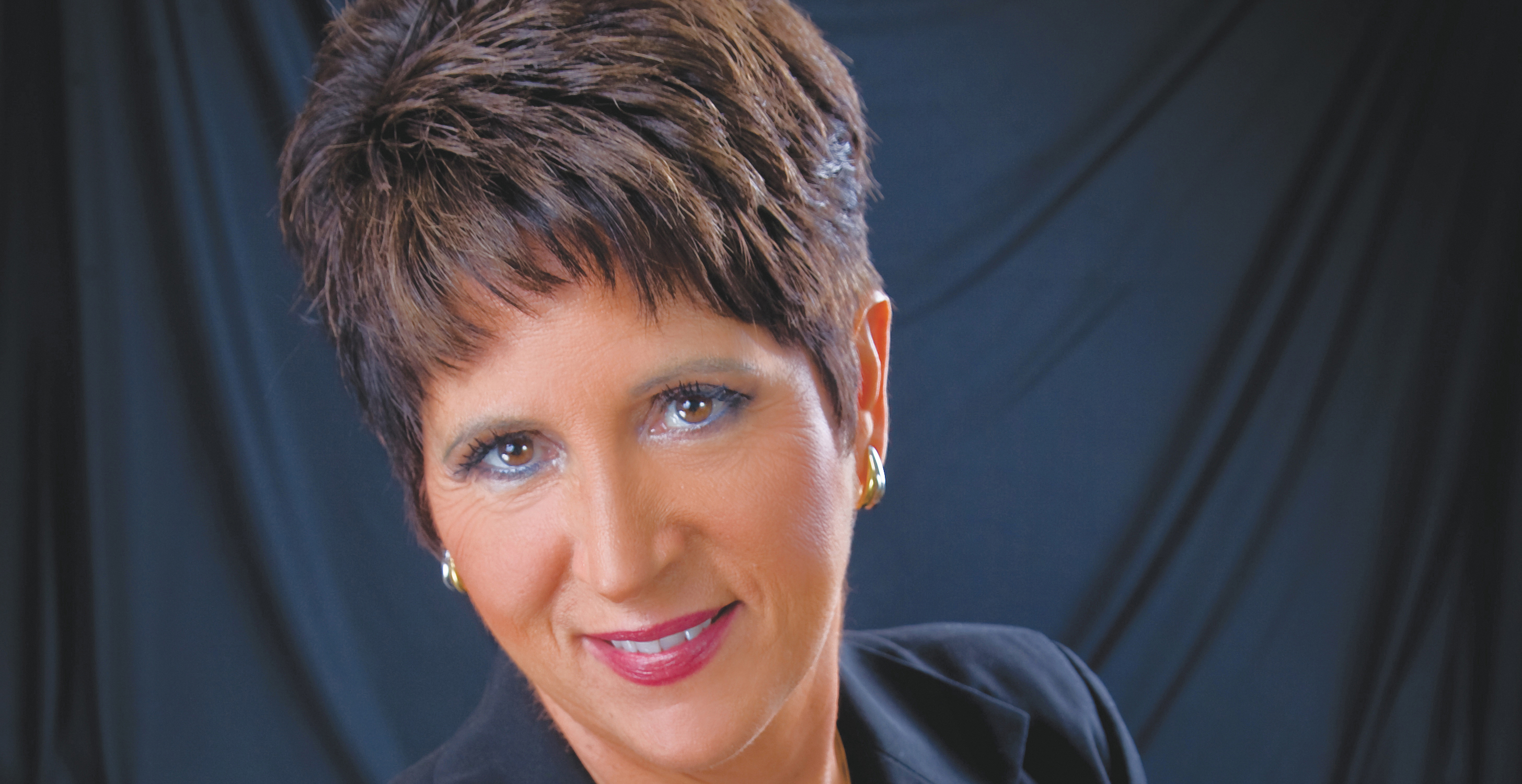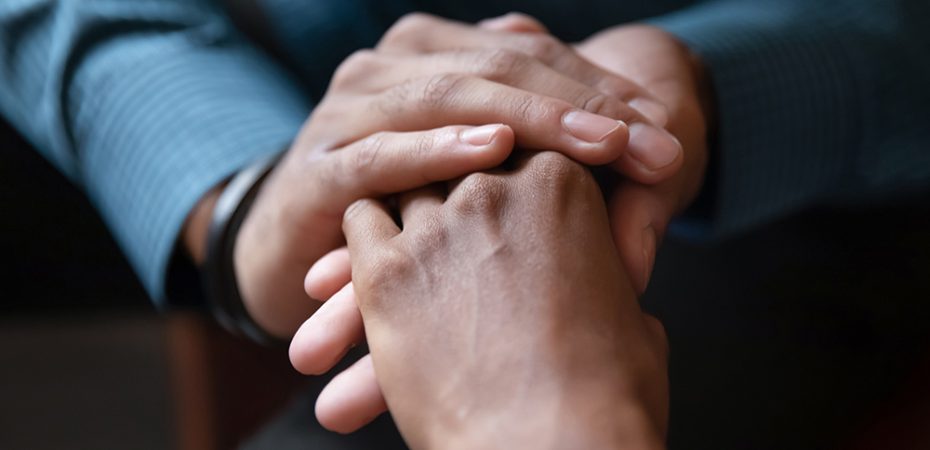The Hurting Need Our Help, Not Our Silence
Sharing the message of forgiveness, mercy and hope
Teresa Tomeo Comments Off on The Hurting Need Our Help, Not Our Silence
 Almost 10 years ago, as my husband began his first diaconate assignment, our pastor shared a story as to why he believed it is so important for deacons and priests to reach out to those in the pews who may have been touched by an abortion. He explained that he received permission to pass on what he learned from an elderly woman who came to him for the Sacrament of Reconciliation. She wanted to confess an abortion she had more than 30 years before their encounter.
Almost 10 years ago, as my husband began his first diaconate assignment, our pastor shared a story as to why he believed it is so important for deacons and priests to reach out to those in the pews who may have been touched by an abortion. He explained that he received permission to pass on what he learned from an elderly woman who came to him for the Sacrament of Reconciliation. She wanted to confess an abortion she had more than 30 years before their encounter.
When he asked her why she had carried the burden for decades, she told him that she was responding to his homily, which was the first discussing abortion she had heard that also spoke of forgiveness and healing. She also expressed that in all her years growing up Catholic, she had only heard the life issues mentioned from the pulpit barely a handful of times. This woman was close to 80 years old. She was grateful that she finally felt, based on the priest’s loving tone, that she could come back into full communion with the Church, feeling forgiven and loved.
I remember the specific homily that quite literally changed that woman’s life. The priest did not minimize the evils of abortion, but his emphasis, as that dear woman stressed, was on God’s mercy — mercy for a woman who may have had an abortion; mercy for the college roommate or friend who may have helped another procure an abortion; mercy for the men who pressured their girlfriend, daughter, or wife, to have an abortion.
It’s said that in politics for every person that reaches out, there are at least one hundred others that feel the same way. When looking at the number of abortions since 1973, think of how many people in the pews during any weekly or daily Mass may feel as that elderly woman did.
According to recent statistics from the Guttmacher Institute, it is estimated that one in four women in this country has had an abortion. Then, as Janet Morana, the executive director of Priests for Life, explains in the summary of her book by the same title, there are the “Shockwaves: Abortion’s Wider Circle of Victims” (Catholic Book Publishing, $9.95):
“Abortion impacts everyone — not only the mothers and fathers who lose their own children to abortion, but also the grandparents, siblings, extended families, religious and ethnic communities, pro-life advocates and even the abortion providers themselves. With 60 million legal abortions since 1973, there is no segment of our nation that remains untouched.”
If we just look at the fallout among abortive women, the research is staggering. According to The Elliot Institute, which studies abortion effects on women, men and society, women who have had abortions have higher rates of suicide, suicidal thoughts, depression, anxiety, sleep disorders, eating disorders, along with increased rates of drug and alcohol abuse. Now think about how these conditions impact not only women who have experienced abortion but those in their circle of family and friends.
So, what does that mean for those of us with a platform? Whether a deacon, a deacon’s wife, a priest, or a lay catechist, it means we all need to respond by, as St. Paul reminds us in Ephesians 4:15, “living the truth in love.” Often, I have had priests tell me that clergy are reluctant to speak about abortion because they don’t want to offend those connected to the issue.
Given the testimony mentioned here, along with just a very brief overview of research connecting abortion to a list of problems, isn’t it much more offensive to keep silent. Or to let those suffering from the pain of regret or rejection go on as that parishioner of ours did year after year, feeling distant from Christ and his Church? Aren’t we guilty on some level of the sin of omission when we don’t lovingly share the many resources available for those in need such as Rachel’s Vineyard and the Silent No More Awareness campaign?
Abortion harms all those connected to it, including those charged with sharing the healing message of mercy. Keeping silent about it only makes a bad situation, as the old saying goes, much worse. We as a Church can and must do better to help the hurting heal.
TERESA TOMEO is the host of “Catholic Connection,” produced by Ave Maria Radio, and the author of “Beyond Sunday: Becoming a 24/7 Catholic” (OSV, $14.95). She is married to Deacon Dom Pastore, an ordained deacon in the Archdiocese of Detroit.





